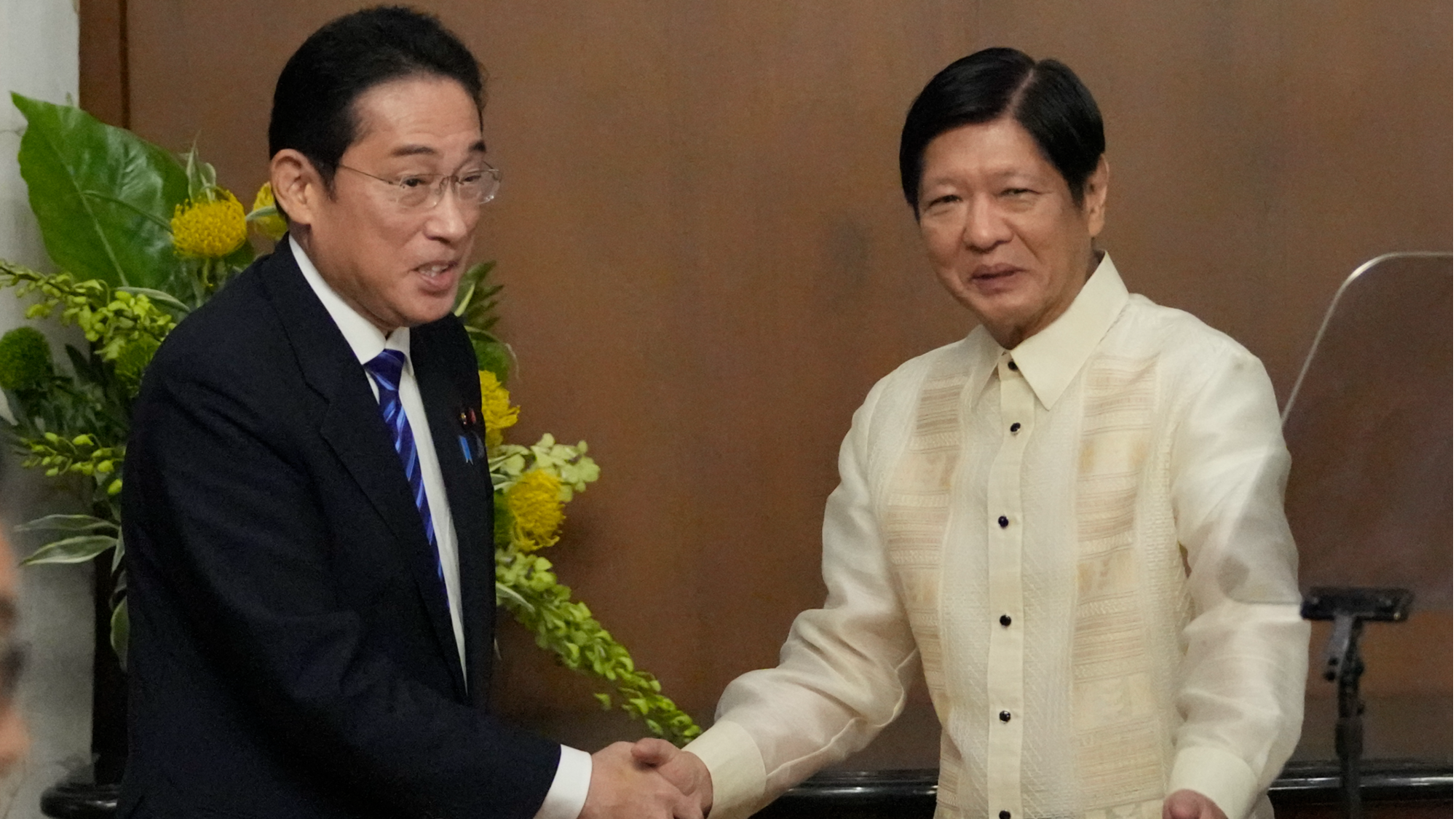
A newly signed defense pact between Tokyo and Manila, which will allow Japanese troops to land and use weapons in the Philippines for the first time since World War II, risks further straining already tense Sino-Philippine relations, analysts said.
On July 8 in Manila, Philippine and Japanese officials signed the Reciprocal Access Agreement (RAA), enabling both sides to conduct joint combat training. The RAA will take effect after ratification by the Japanese and Philippine legislatures, officials said.
Anna Rosario Malindog-Uy, vice-president for external affairs at the Asian Century Philippines Strategic Studies Institute (ACPh) in Manila, said the Philippines’ closer defense cooperation with Japan through the RAA may further strain its relationship with China
Mustafa Izzuddin, a senior international affairs analyst at Solaris Strategies Singapore, said the RAA is a “key turning point” for Japan’s direct involvement in the dispute over the South China Sea and may “elicit a countervailing response” from China.
READ MORE: Tokyo and Manila hope to ride on riled Washington's coattails
“Relations between China and the Philippines continue to fluctuate, and with the signing of the RAA between Japan and the Philippines, China-Philippine relations may be strained,” Mustafa said.
While noting the two countries’ dispute over the South China Sea, Mustafa said he hoped that bilateral relations would “not rupture” as China remains a top trading partner of the Philippines.
Lucio Blanco Pitlo III, a research fellow at the Manila-based Asia-Pacific Pathways to Progress Foundation, said that the Philippines signing the RAA may be seen as pushback to deter China from entering its exclusive economic zone. While the RAA would deepen security ties between the Philippines and Japan, Pitlo said the pact might provide Japan with a jump-off point to conduct future patrols with the Philippines in the South China Sea.
“This may bring Chinese and rival ships and aircraft closer, demanding sturdier hotlines and crisis management to avoid accidents,” he said.
Anna Rosario Malindog-Uy, vice-president for external affairs at the Asian Century Philippines Strategic Studies Institute (ACPh) in Manila, said the Philippines’ closer defense cooperation with Japan through the RAA may further strain its relationship with China.
She said this would especially be the case if joint military exercises by Japan, the United States, and the Philippines in the South China Sea are “perceived as a direct challenge” to China’s claims and activities in the strategic waterway.
Both the Philippines and Japan are treaty allies of the US.
Malindog-Uy said the enhanced defense cooperation between Japan, the Philippines, and the US may also encourage other Southeast Asian nations to seek similar agreements.
“This might lead to an arms race, usher in a Cold War atmosphere, bloc confrontation, and create a tension-driven ASEAN region,” she said.
The signing of the RAA is viewed as a landmark agreement for the Philippines. This is the first time that the country, which suffered under Japanese occupation, has sealed a defense agreement with Japan. It is also Japan’s first RAA with an Asian country.
Philippine and Japanese officials held a meeting in Manila to discuss the bilateral security environment, exchanged views on the South China Sea, and stressed their commitment to “freedom of navigation and overflight” consistent with the United Nations Convention on the Law of the Sea
According to officials, the RAA allows entry of the members of the visiting forces and civilian staff, as well as access and movement of the vessels, aircraft, and official vehicles of the visiting force.
The visiting force may also transport, store, and handle weapons, ammunition, explosives, and dangerous goods to conduct cooperative activities in the host state.
READ MORE: Japanese expansionism: Beware of Greeks bearing gifts
Meanwhile, Philippine and Japanese officials held a meeting in Manila to discuss the bilateral security environment, exchanged views on the South China Sea, and stressed their commitment to “freedom of navigation and overflight” consistent with the United Nations Convention on the Law of the Sea, in terms similar to US defense official statements.
Malindog-Uy of the ACPh said the RAA may face scrutiny and debate in Japan, as the country has adopted a Pacifist Constitution since World War II.
She added that the presence of foreign troops in the Philippines, more particularly Japanese soldiers, “may raise sovereignty concerns among some sectors of Philippine society”.
Contact the writer at prime@chinadailyapac.com


